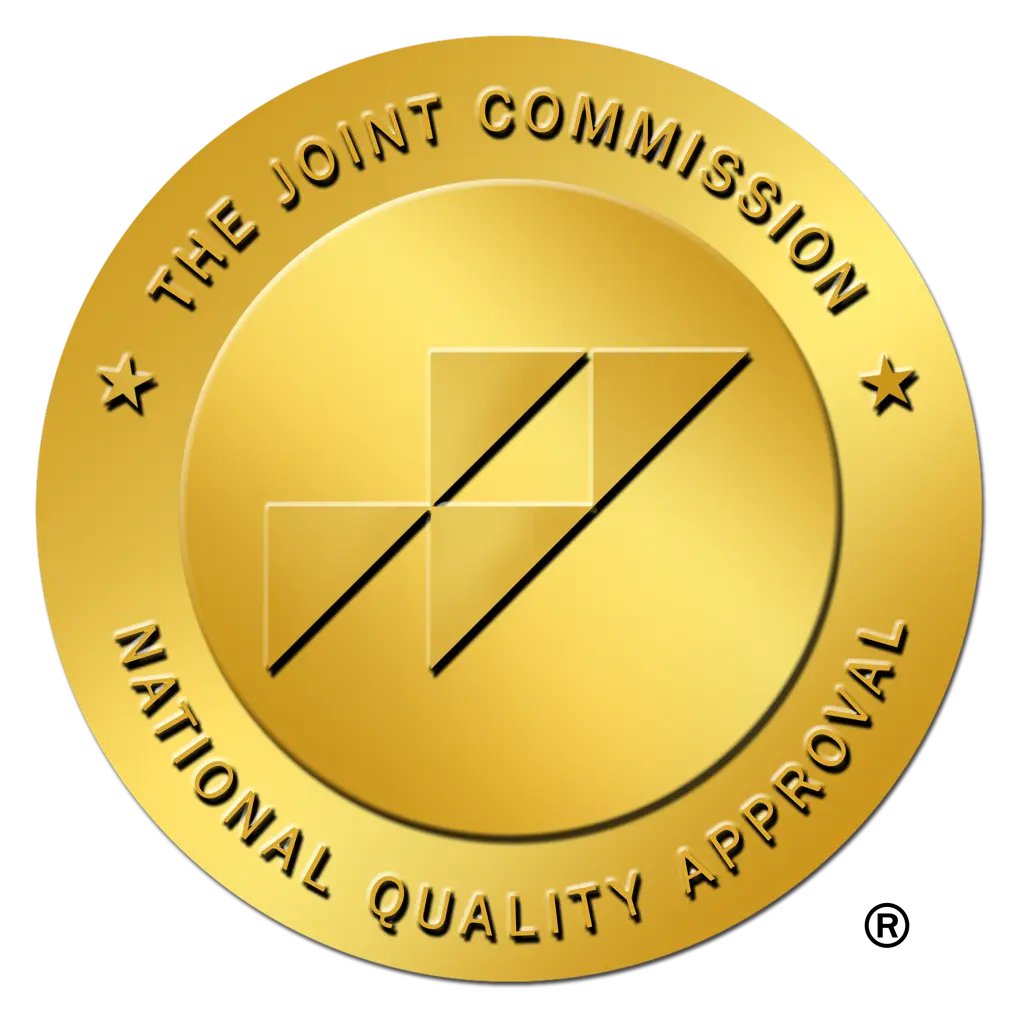Do you find yourself experiencing intense mood swings with extreme highs and lows? Perhaps you notice yourself experiencing intense bursts of energy, excitement, and maybe even impulsive behavior, followed by depression and a complete lack of energy. If this sounds familiar, you may be struggling with bipolar disorder.
We all experience mood swings at times and have good and bad days. However, with bipolar disorder, these mood swings or ups and downs are at a different level. Symptoms can become so severe that they hinder your ability to function day-to-day. Unfortunately, individuals may not seek treatment because they do not recognize the signs. This can lead some to use substances to cope with the symptoms, but ultimately, substance use typically worsens things.
Addiction and Mental Illness
Before discussing bipolar disorder in depth, it may be beneficial to discuss how addiction and mental illness are connected. Many mental health conditions co-occur alongside a behavioral addiction or substance use disorder (SUD). Most notably, people tend to struggle with anxiety, depression, or post-traumatic stress disorder (PTSD), to name a few.
According to a national survey conducted by the Substance Abuse and Mental Health Services Administration (SAMHSA), 9.5 million Americans in 2019 were diagnosed with a mental illness and SUD. Treatment is available, but it will look different depending on the substance and the mental health conditions involved. To fully recover, people must seek treatment for all conditions involved.
Understanding this connection between SUD and mental illness is vital. After diagnosis, you can pursue a treatment program tailored to your needs. A clinical or mental health professional can help you understand how your disorders are connected and work with you to uncover the root cause of both conditions.
Depression, anxiety, and PTSD are not the only mental health conditions someone with SUD may struggle with. A person may be using substance use to cope with their bipolar disorder.
What Is Bipolar Disorder?
The National Institute of Mental Health (NIMH) defines bipolar disorder as a mental health condition that “causes unusual shifts in a person’s mood, energy, activity levels, and concentration.” Symptoms can be so severe that they prevent you from functioning day-to-day at work, school, or home. The situation can become dire if a person turns to substance use to cope with bipolar symptoms, ultimately leading to a life of dependency.
Additionally, the NIMH also describes three types of bipolar disorders:
- Bipolar I disorder is characterized by manic episodes that last seven days or manic symptoms that require hospital care. Typically, depressive episodes will occur for two weeks and can also be experienced alongside manic symptoms.
- Bipolar II disorders consist of a “pattern of depressive episodes and hypomanic episodes”. These episodes are typically less severe than those experienced with bipolar I.
- Cyclothymic disorder, also known as cyclothymia, includes “recurrent hypomanic and depressive symptoms.” These symptoms are “not intense enough or do not last long enough to qualify as hypomanic or depressive episodes.”
Regardless of the type of bipolar disorder, recognizing the signs and symptoms is a vital first step toward diagnosis and treatment.
Signs and Symptoms of Bipolar Disorder
The signs and symptoms of bipolar disorder will vary. However, generally speaking, symptoms fall into two categories – depressive and manic symptoms.
Depressive symptoms to be on the lookout for include:
- Constantly feeling low or down
- Trouble falling and staying asleep or waking up
- Feeling irritable or anxious
- Withdrawing yourself from social interactions
- No longer feeling interested in enjoyable activities or hobbies
Manic symptoms may include:
- Feeling very active, on edge, or tense
- Talking extremely fast
- An inability to or disinterest in sleeping
- Erratic or risky behaviors
- Experiencing a high mood and feeling invulnerable or extremely powerful
If you experience any of these symptoms, speak with your doctor immediately. The longer you wait to seek treatment, the greater your chances of turning to substance use to manage the symptoms. You may also develop other mental disorders that will require further treatment interventions.
Treating Addiction and Bipolar Disorder
As mentioned, individuals with bipolar disorder and SUD must seek treatment for both conditions and any other mental health conditions. That means your treatment may look different from someone else’s. However, some of the modalities and interventions you can expect when seeking treatment are:
- Medications. These can help you manage your bipolar disorder, but there may be risks. Speak with your doctor about any risks or potential side effects first. Additionally, medications while seeking SUD treatment may seem counterproductive. Medication management and other medication-assisted treatment (MAT) can help with any concerns during addiction treatment.
- Psychotherapies are also effective in treating SUD and bipolar disorder. Mental health professionals may use many psychotherapies, including cognitive-behavioral therapy (CBT) and dialectical behavior therapy (CBT).
Despite these standard practices, a tailored treatment program will be altered to guide your recovery toward a path that is effective and conducive to your long-term recovery.
It is always best to avoid substance use if you suspect you have bipolar disorder. Drugs and alcohol will only worsen your symptoms, create more intense episodes of emotional instability, and may even increase the likelihood of attempting suicide.
Professional mental health treatment is lifesaving. To learn more about living with and managing your SUD and bipolar disorder, contact your medical provider today.
Individuals struggling with mental illness are at an increased risk of developing a substance use disorder (SUD). That is because people turn to drugs and alcohol to cope with intense symptoms of mental health conditions. One of those conditions is bipolar disorder. Bipolar disorder is a mental health condition that causes you to experience unusual changes in mood, energy, activity levels, and concentration. Substance use will only intensify these symptoms while causing more emotional distress and may even increase the chances of someone attempting suicide. In this instance, seeking treatment is not only vital, but it becomes life-saving as well. To learn more about bipolar disorder, or to seek treatment, call Alter San Diego Crisis Intervention at (866) 986-1481.

